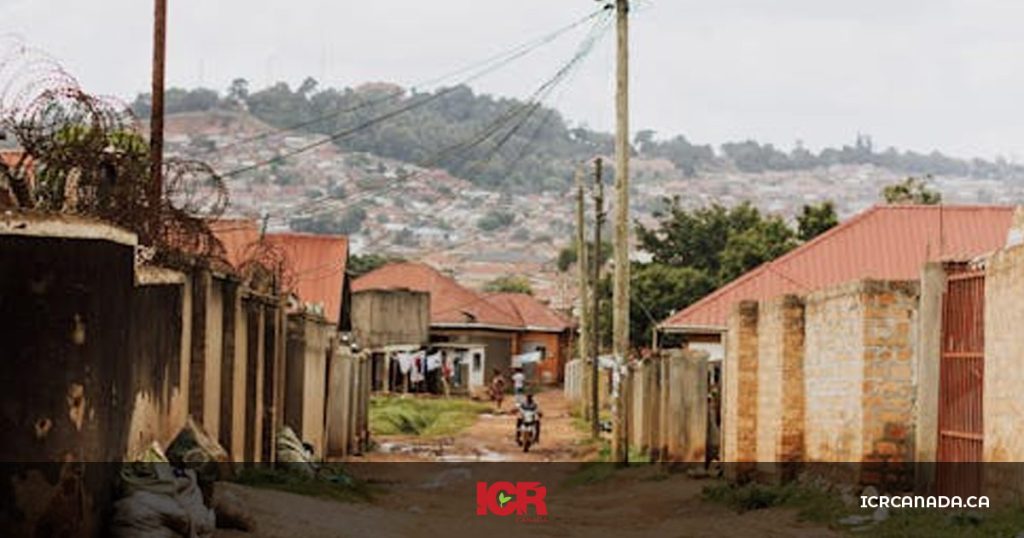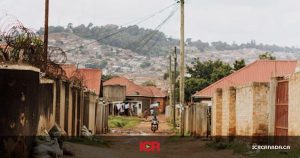3 Members of Ugandan Family Burned to Death for Converting

3 members of a Ugandan family have been burned to death because the converting from Islam to Christianity. A Muslim couple and their adult son who received Christ in November were burned to death on Dec. 26 in eastern Uganda, sources said.
The Tragedy in Kaliro: A Family’s Journey of Faith and Sacrifice
In the Budini Nyanza area of Kaliro town, eastern Uganda, a heart-wrenching incident unfolded on December 26, leaving a Muslim couple and their adult son dead after they embraced Christianity. Sixty-four-year-old Kaiga Muhammad, his wife Sawuya Kaiga, and their 26-year-old son Swagga Amuza Kaiga converted to Christianity on November 22, following a visit from members of an undisclosed church. Their decision to embrace the Christian faith led to a series of tragic events that culminated in their brutal murder.
According to the church pastor, whose identity remains confidential for security reasons, the family’s conversion was prompted by both spiritual and physical healing. Swagga, who had been suffering from malaria, experienced an immediate recovery after prayers from the church members. This miraculous event solidified the family’s decision to follow Christ. However, aware of the potential backlash in their predominantly Muslim community, they chose to keep their newfound faith private.
Their secrecy was short-lived. On December 15, local Muslims observed Kaiga Muhammad leaving a church service in a nearby village. This discovery quickly reached the ears of Wangule Abudu, the area chairperson, who confronted Muhammad the following day. Despite threats and demands to renounce Christianity, Muhammad stood firm in his faith. Enraged, Abudu issued an ultimatum, warning Muhammad that if he did not abandon Christianity within a week, the Muslim community would retaliate.
On the evening of December 26, the threats materialized. Local Muslims set the family’s home ablaze, using gasoline to ensure complete destruction. Neighbors arrived too late to save the family or their home. Muhammad, Sawuya, and Swagga were burned beyond recognition. Police later arrested Wangule Abudu and Ismail Njagi, charging them with murder and arson. The victims’ remains were transported to Bumanya Health Centre for postmortem examination.
This horrific act underscores the profound risks faced by those who convert to Christianity in certain areas of Uganda, where religious freedom is often overshadowed by cultural and communal pressures.
Religious Freedom in Uganda: Legal Protections and Reality
Uganda’s constitution and other legal frameworks uphold the principle of religious freedom, guaranteeing individuals the right to propagate their faith and convert from one religion to another. Despite these protections, incidents of persecution—particularly against Christians—remain alarmingly frequent, especially in eastern Uganda where the Muslim population is more concentrated.
With Muslims comprising approximately 12 percent of Uganda’s population, tensions between religious communities occasionally flare up, fueled by social and cultural factors. Converts from Islam to Christianity often face intense backlash, as such decisions are seen not only as a spiritual betrayal but also as a cultural affront. This societal stigma can escalate into acts of violence, as evidenced by the attack on the Kaiga family.
The Ugandan government has made strides in promoting religious tolerance, yet enforcement of these principles remains inconsistent. Law enforcement agencies, while quick to respond to incidents like the one in Kaliro, often struggle to prevent such tragedies from occurring in the first place. The arrests of Abudu and Njagi represent a step toward justice, but they also highlight the challenges in addressing the root causes of religious intolerance.
Religious organizations and human rights advocates have called for greater government intervention to protect vulnerable individuals and families, particularly those in regions with a history of religious tensions. Education campaigns, interfaith dialogue, and stricter enforcement of anti-discrimination laws are among the measures suggested to foster a more inclusive society.
The Broader Context: Rising Persecution and the Christian Response
The tragedy in Kaliro is not an isolated incident but part of a broader pattern of persecution faced by Christians in Uganda. Morning Star News and other advocacy organizations have documented numerous cases of violence, threats, and discrimination against believers, particularly converts from Islam. These acts of persecution range from social ostracism to physical violence, highlighting the precarious position of Christians in certain regions.
For many Christians in Uganda, their faith is a source of resilience in the face of adversity. Churches and Christian organizations play a vital role in supporting persecuted believers, offering not only spiritual guidance but also practical assistance such as shelter, legal aid, and counseling. However, these efforts are often hampered by limited resources and the persistent threat of retaliation.
The global Christian community has also been urged to stand in solidarity with their Ugandan brothers and sisters. Prayer, advocacy, and financial support can make a significant difference in addressing the challenges faced by persecuted Christians. Additionally, international organizations and govern ments have a role to play in holding perpetrators accountable and ensuring that religious freedom is upheld in Uganda and beyond.
ments have a role to play in holding perpetrators accountable and ensuring that religious freedom is upheld in Uganda and beyond.
The story of the Kaiga family serves as both a sobering reminder of the cost of faith and a call to action for believers worldwide. Their courage in the face of danger exemplifies the transformative power of the gospel, even as it underscores the urgent need for greater protections for religious minorities. By raising awareness and working together, the global community can help ensure that tragedies like this become a thing of the past.
